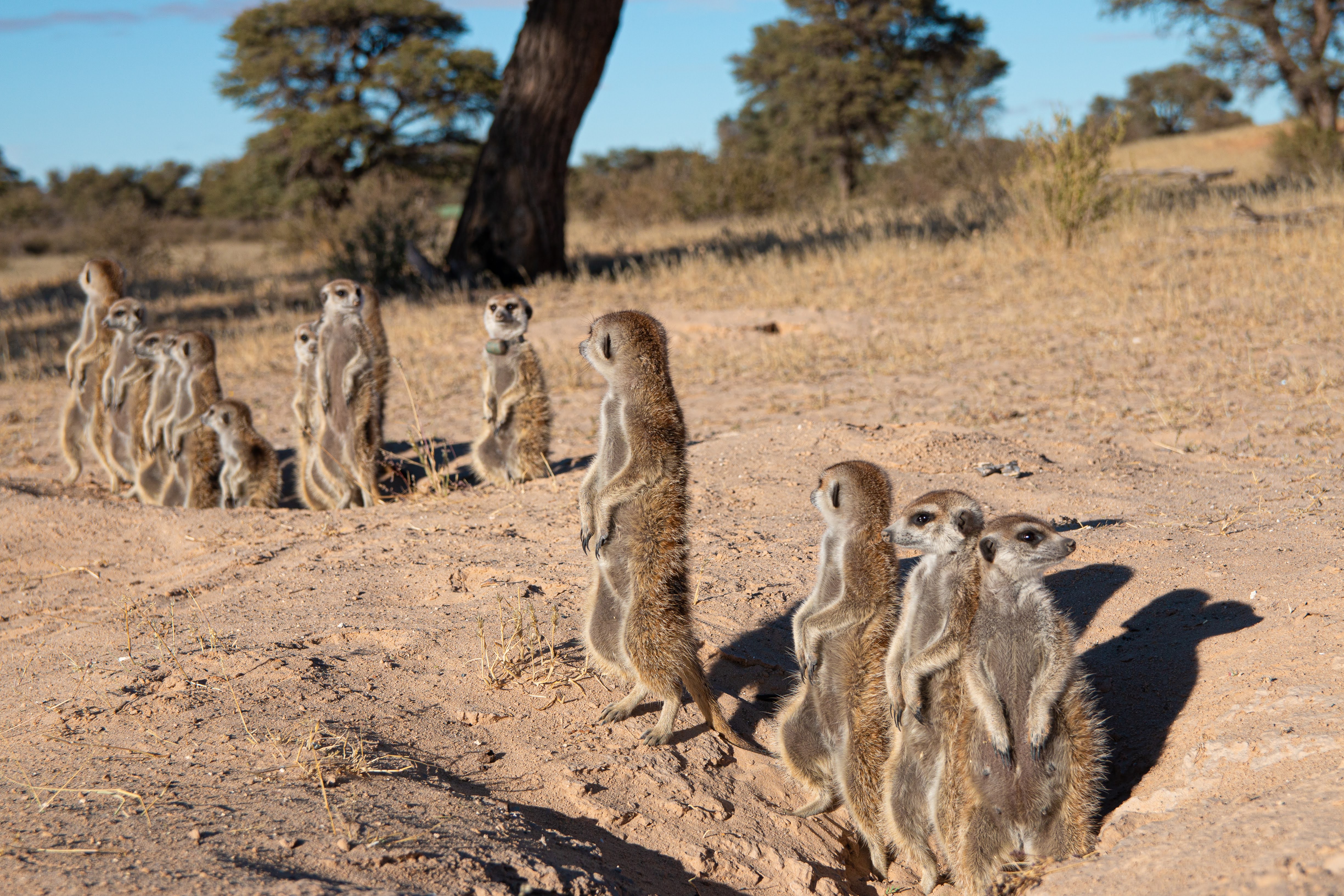February eNews
Welcome to our February eNews
Read our most read items from January; from oceans under pressure from microplastics and a new world record in data transmission, to expanded stroke treatment guidelines and a call to reimagine Irish agriculture. Also in the spotlight is a promising new drug candidate targeting metabolic liver disease and fibrosis, offering fresh hope against a silent, deadly condition.
In our Editor’s Choice, we delve into the debate on creativity in the age of AI, as new evidence suggests machines can rival – though not yet surpass – the most imaginative human minds.
Finally, our Image of the Month takes you to sunrise in the Kalahari Desert, where meerkats’ gentle “sunning calls” reveal how quiet vocal exchanges help hold complex social groups together.
If you have any questions or feedback, please contact us at news@alphagalileo.org
We hope you enjoy this issue!
The AlphaGalileo News Team
Top 5 from January
1. Oceans struggle to absorb Earth’s carbon dioxide as microplastics invade their waters, published on 5/01/26 by the University of Sharjah
Recent research reveals microplastics are flooding the world’s oceans, diminishing their ability to absorb carbon dioxide, an essential process to regulate Earth’s temperature. Their presence in maritime environments has become ubiquitous. While their current effects may appear minimal, the study warns that their long-term impact will significantly intensify ocean warming and acidification.
Read the news
2. Aston University researchers part of team that breaks data transmission record - again, published on 10/01/26 by Aston University
Aston University researchers are part of the team that sent data over the internet at the world record rate of 430 terabits a second (Tb/s) over standard telecom fibre. A basic home connection is just10 megabits per second.
Read the news
3. New guideline expands stroke treatment for adults, offers first pediatric stroke guidance, published on26/01/26 by the American Heart Association
Updated ischemic stroke recommendations from the American Stroke Association highlight how rapid diagnosis and imaging, extended time windows for stroke treatments and coordinated care involving emergency services, hospitals and health care teams can help improve survival and recovery
Read the news
4. Unlocking Innovation in Irish Agriculture: A Call for Innovative Knowledge, published on 20/01/26 by ERINN Innovation
The CAP Network Ireland Innovation Hub is beginning a second round of our knowledge transfer pilots, for horticulture, organics and EIP-AGRI. The team are seeking to interview researchers, farmers, advisers, startups and EIP-AGRI project leaders from Ireland and abroad whose research, innovations, or initiatives could be of benefit to Irish agricultural stakeholders.
Read the news
5. New drug candidate reverses metabolic liver disease and fibrosis, pre-clinical data shows, published on 13/01/26 by McMaster University
Researchers at McMaster University are leading preclinical studies into a novel drug candidate developed by Espervita Therapeutics that has the potential to prevent and reverse liver fibrosis — a dangerous, disease-induced build-up of scar tissue in the liver that often leads to cancer.
Read the news
Editor's Choice
Creative talent: has AI knocked humans out? published on 20/01/2026 by Université de Montréal
Are generative artificial intelligence systems such as ChatGPT truly creative? A research team led by Professor Karim Jerbi from the Department of Psychology at the Université de Montréal, and including AI pioneer Yoshua Bengio, also a professor at Université de Montréal, has just published the largest comparative study ever conducted on the creativity of large language models versus humans. Published in Scientific Reports (Nature Portfolio), the findings reveal that generative AI has reached a major milestone: it can now surpass average human creativity. However, the most creative individuals still clearly outperform even the best AI systems.
Read the news

Image caption: Humans Against the Machine. AI-generated image, prompt by Karim Jerbi, Université de Montréal.
Image of the month
Meerkat “Sunning Calls”: The Social Putty of Gentle Chit-Chat, published on by University of Konstanz
As the sun rises over the Kalahari Desert, meerkat groups emerge from their burrows and gather closely, turning their bodies toward the warmth of the early light. These quiet morning moments are more than a way to warm up; they offer a revealing glimpse into the social lives of these highly cooperative mammals.
A team of researchers from the University of Konstanz, the Max Planck Institute of Animal Behavior, and the University of Zurich has investigated how meerkats use vocal exchanges to maintain social bonds and manage their complex group hierarchies. The study, which was recently published in Behavioural Ecology, explores the concept of “vocal grooming”—a form of social bonding achieved through sound rather than physical touch.
Read the item

Image caption: A Meerkat group during their morning sunbath. Copyright: Vlad Demartsev